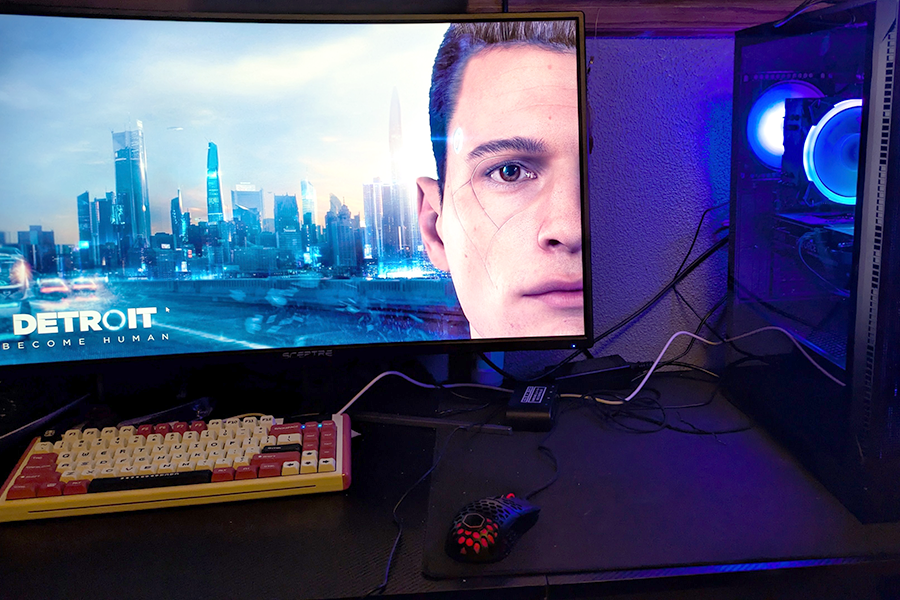Video games are widely regarded as a form of media that has little to no narrative focus, often considered a means for simple fun. This is a misconception that stems from a narrow-minded view of video games at a fundamental level. Understanding the unique qualities of video games as a means of storytelling has allowed many developers to craft stories that could not be told with any other medium and retain what made the story great.
The simple difference between the medium of video games and any other storytelling medium is the fact that an individual is directly in control of what happens in the game. This one difference creates the potential for video game narratives to redefine storytelling as a whole. The player of a good video game story can begin to feel as though everything that happens in the story is because of their own actions, which depending on the type of video game narrative can drastically change the direction of said narratives.
The typical video game narrative will simply put the player in control of a predetermined story, which often simplifies the storyline and does not focus on it. However, this type of video game narrative, if done well, can mix a more traditional narrative as well as engaging gameplay that keeps the player immersed in the events. For example, The Last of Us by developer Naughty Dog, follows this narrow structure so well to the point there was a TV show made based on the game, exemplifying the easy translation from this type of video game narrative.
A video game narrative that is more unique to the medium is the branching paths structure in which depending on the players own choices while playing the game, will see the story have different outcomes. This often can be seen in the form of different endings for the game, however, this can be expanded for the entire gaming experience. These types of games come in a variety of structures, and each variation exemplifies the unique narrative potential of video games. An example of this type of video game narrative is games like Detroit Become Human, which is a story-based game in which there are multiple different choices in the story a player can make that will drastically change the trajectory of the story.
While the two aforementioned narrative types can in some ways be replicated by other mediums, a gameplay-focused narrative is something that can only properly be utilized in the context of a video game structure. This type of narrative relies on parts of the story being told as the player is engaging with the game’s world and can have a number of different means to learn more about the story and world of the game as a whole. This type of narrative could be portrayed in an open-world game, in which the player is able to explore any part of a massive video game world without much restriction. Another game genre that portrays this type of narrative is Metroidvania, in which the player has to discover parts of the world in order to progress the story along.
Each example of these different narratives is only furthered by the immersive nature of video games as a whole. Oftentimes many people find themselves unable to connect to the main character of many traditional stories, however, when it comes to video games many players are able to place themselves in the main character role, being able to feel a stronger connection and sense of immersion as a result. The immersion of video games can also simply be found in the fact that players are constantly interacting with the game at all times when playing.
A clear example of the unique narrative structure of nearly all video games is when said narratives are translated into another medium, mainly film. There is a long list of video game adaptations into movies or shows that have been disliked to a point where now most video game film or TV is fighting an uphill battle of expectations, needing to prove their worth. This struggle for even a decent film isn’t just for movies like Super Mario Bros. (1993), which has source material that has very little story, but even some of the best-acclaimed video game narratives like Silent Hill: Revelation (2012), which has a good source material narrative that is so poorly translated to film that both critics and audiences dislike the film.
The best narratives often can come from the medium of gaming. Despite the undeniable influence and impact that more traditional storytelling mediums have had on culture, there is a conversation to be had regarding the future of storytelling and the part that video games play in that. Video games have become so popular that soon it will be nearly impossible to deny the narrative potential and impactful storytelling that can and have come from thousands of different games.
This story was originally published on South High School on December 17, 2024.





































